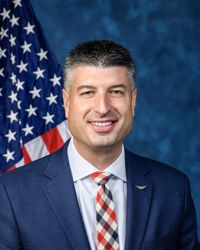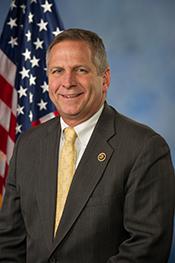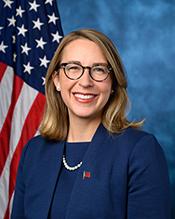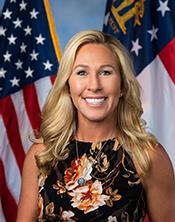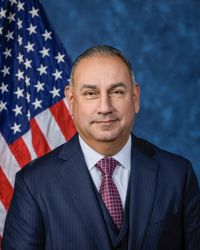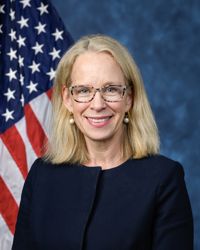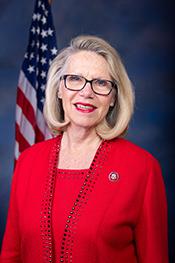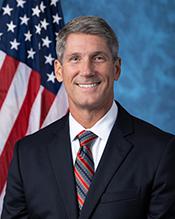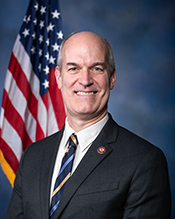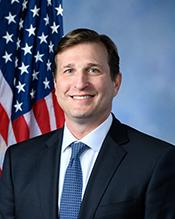H.R. 3055: Transitioning Retiring And New Service Members to Port Ocean Rail and Truck Jobs Act
This bill, titled the "Transitioning Retiring And New Service Members to Port Ocean Rail and Truck Jobs Act" or "TRANSPORT Jobs Act," aims to support military service members and veterans in transitioning to supply chain jobs. Specifically, it requires the Secretary of Transportation to develop a public action plan known as the "Veteran to Supply Chain Employee Action Plan." This plan must be created within 30 days of the bill's enactment and should focus on several key areas:
Key Objectives of the Action Plan
- Identify Barriers: The plan will explore obstacles that members of the Armed Forces and veterans encounter when seeking employment in the supply chain sector, including challenges in the hiring process and training.
- Employer Challenges: The plan must also address difficulties that supply chain employers face in recruiting and retaining veterans and transitioning service members.
- Regulatory Issues: It will identify regulatory burdens that may complicate the hiring of veterans in supply chain roles.
- Workforce Needs: The action plan will assess various regions in the U.S. that have significant workforce demands for supply chain employees.
- Industry Trends: The plan will investigate industry trends that may deter veterans from pursuing careers in supply chain management.
Skills and Opportunities
- Highlight Skills: The plan will emphasize the unique skills and abilities of veterans that are valuable in supply chain jobs, along with addressing any competency gaps that may exist.
- Expand Initiatives: It will recommend opportunities to enhance existing programs that aim to help veterans transition into supply chain roles.
- Improve Outreach: The plan will suggest ways to enhance outreach by employers to veterans and improve training, mentorship, and education programs that can aid their participation in the workforce.
Recommendations for Action
Finally, the action plan will recommend specific short- and long-term actions that various federal departments—including Transportation, Defense, Veterans Affairs, and Labor—can take to facilitate veterans’ entry into supply chain jobs.
Definition of Supply Chain Employee
In this context, a "supply chain employee" is defined as an individual who is directly involved in the movement of goods.
Relevant Companies
- UPS: As a major logistics and supply chain management company, UPS could see an increase in veteran hires if this legislation successfully facilitates veterans' transition to supply chain jobs.
- FedEx: Similar to UPS, FedEx may benefit from an influx of military veterans entering the workforce if recruitment practices improve as outlined in the bill.
- XPO Logistics: XPO is another logistics company that could be impacted by changes in recruitment and hiring practices that favor veterans in the supply chain sector.
This is an AI-generated summary of the bill text. There may be mistakes.
Sponsors
4 bill sponsors
Actions
6 actions
| Date | Action |
|---|---|
| Jun. 11, 2025 | Committee Consideration and Mark-up Session Held |
| Jun. 11, 2025 | Ordered to be Reported (Amended) by Voice Vote. |
| Jun. 11, 2025 | Subcommittee on Railroads, Pipelines, and Hazardous Materials Discharged |
| Apr. 30, 2025 | Referred to the Subcommittee on Railroads, Pipelines, and Hazardous Materials. |
| Apr. 29, 2025 | Introduced in House |
| Apr. 29, 2025 | Referred to the Committee on Transportation and Infrastructure, and in addition to the Committees on Armed Services, and Veterans' Affairs, for a period to be subsequently determined by the Speaker, in each case for consideration of such provisions as fall within the jurisdiction of the committee concerned. |
Corporate Lobbying
0 companies lobbying
None found.
* Note that there can be significant delays in lobbying disclosures, and our data may be incomplete.
